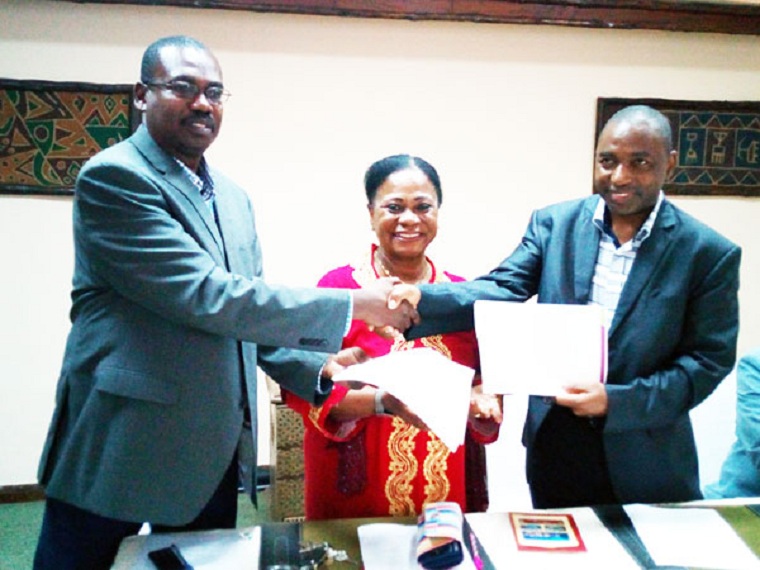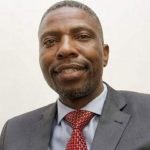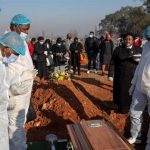 As Zimbabwe joins the world to celebrate World Press Freedom Day, I thought it might be appropriate to reproduce a speech I was asked to make nearly six years ago when the Tanzania Media Fund transformed to the Tanzania Media Foundation. I was working as a consultant for TMF in its content transformation programme and was asked to talk on: How can the media in Tanzania be meaningfully transformed to promote accountability? I believe what I said about Tanzania then still applies to Zimbabwe today.
As Zimbabwe joins the world to celebrate World Press Freedom Day, I thought it might be appropriate to reproduce a speech I was asked to make nearly six years ago when the Tanzania Media Fund transformed to the Tanzania Media Foundation. I was working as a consultant for TMF in its content transformation programme and was asked to talk on: How can the media in Tanzania be meaningfully transformed to promote accountability? I believe what I said about Tanzania then still applies to Zimbabwe today.
When I read this topic [How can the media in Tanzania be meaningfully transformed to promote accountability?] and that I was supposed to speak about it, this reminded me of my old job with a Harare-based regional organisation Africa Information Afrique (AIA) where I was the training editor.
AIA policy was that it would not accept any story by a journalist who was not a local – that is, you could not write a story about Tanzania if you were not Tanzanian. You could only write about that country- Tanzania in our case (if you were not a local) if you had lived in the country continuously for at least two years.
AIA wanted to be different from Western news agencies where a journalist flies into a country and within hours starts filing stories back home. It wanted stories written by someone who lived the life that locals lived and could therefore put the stories into context.
I was, therefore, quite uncomfortable to speak about transforming Tanzanian media because the longest I have stayed in Tanzania continuously is 10 months, though I have been coming here and going back since 1997.
I feel, therefore, the best people to speak about the media in Tanzania are Tanzanians. So I asked myself, what do the Tanzanians say about their media?
I got my answer from the Media Council of Tanzania’s codebook for journalists. It describes a journalist as: “Ni mtu aliyefunzwa kitaalamu namna ya kukusanya na kuandaa habari”. (A person trained on how to professionally collect and process news and information).
I want to stress that, first, one has to be trained to professionally collect news and information.
Second, to professionally process than news and information.
More importantly, the codebook says, journalists are: “People who observe, defend and share a dedication to truth and accuracy, fairness, independence and moral integrity.”
The questions that we have to ask are:
- Do Tanzanian journalists collect news and information professionally?
- Do they process news and information professionally?
- More importantly, do they process news and information at all?
- Do they observe, defend and share a dedication for truth and accuracy, fairness, independence and moral integrity?
Continued next page
(60 VIEWS)


